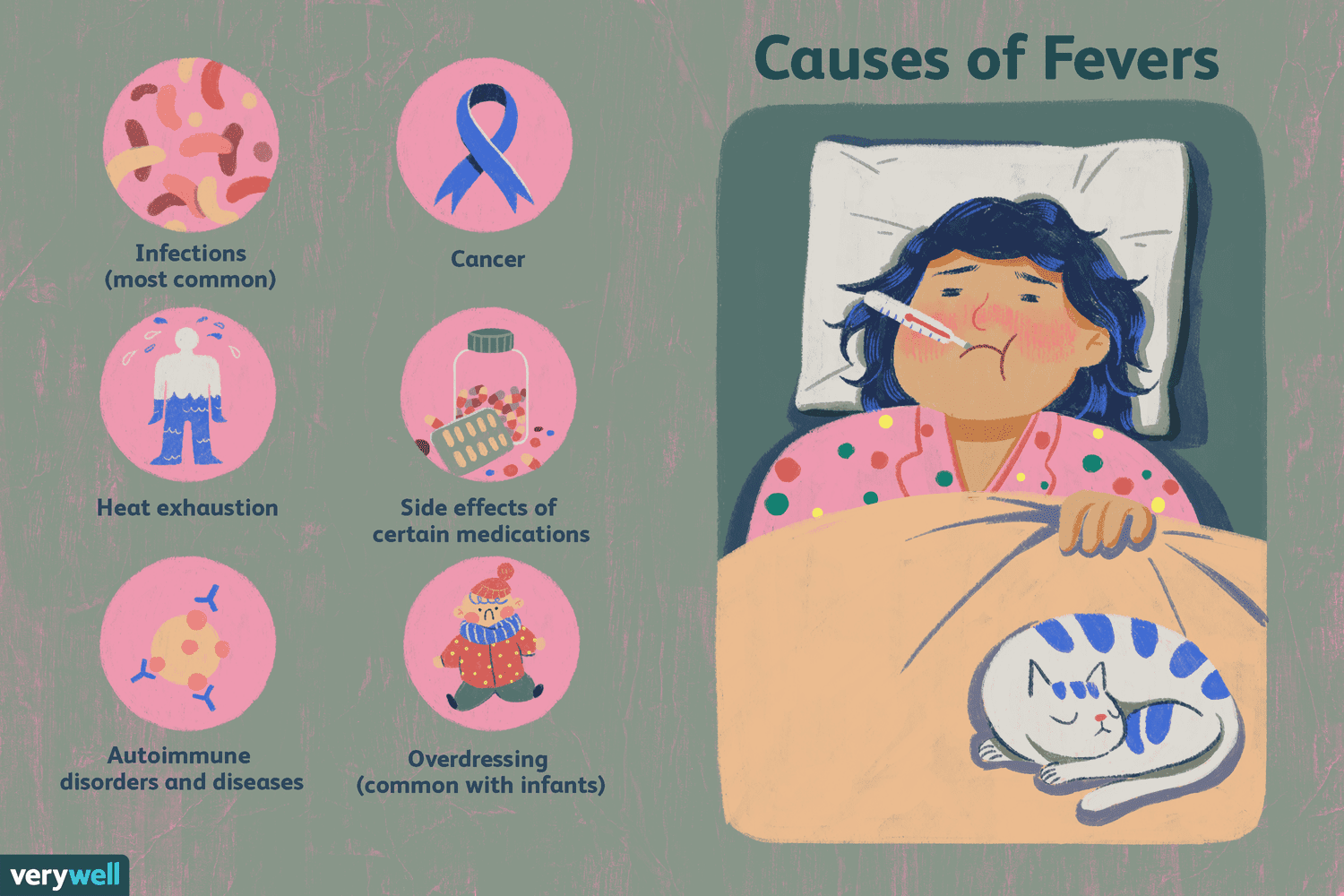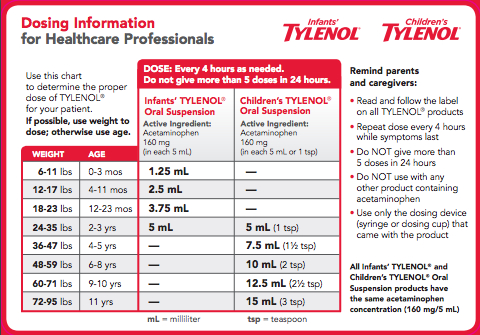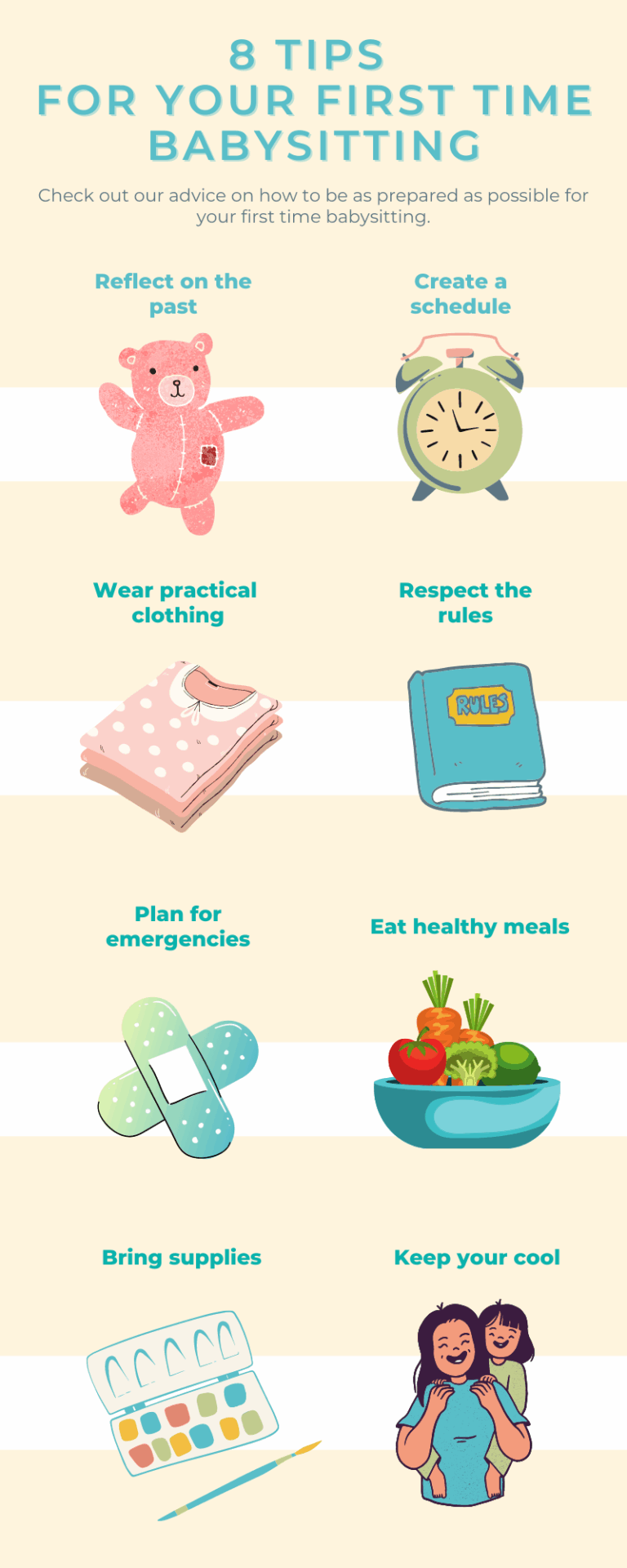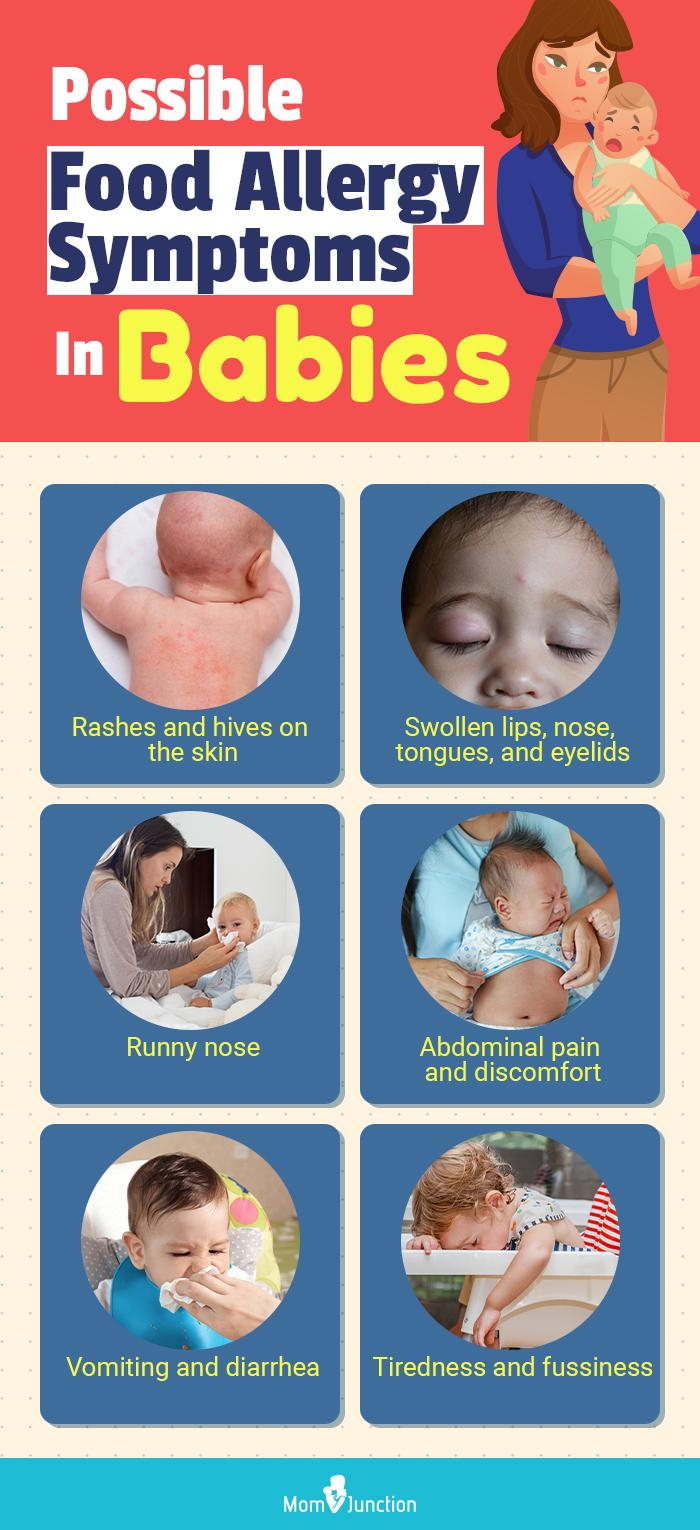What Is A Fever In A Baby: Understanding the Basics
As a parent, one of the most concerning moments is when your baby develops a fever. It can be alarming and overwhelming, especially if you are a first-time parent. Understanding what a fever in a baby is and how to handle it is crucial for ensuring the well-being of your little one. In this article, we will explore in detail what a fever in a baby entails, how to measure it, when to seek medical attention, and everything else you need to know.
Knowledge
A fever in a baby is defined as a temporary increase in body temperature, usually in response to an infection or illness. The normal body temperature for a baby is around 98.6°F (37°C), but it can vary slightly. A fever is generally considered to be a temperature of 100.4°F (38°C) or higher. It is important to note that a fever itself is not an illness but rather a symptom of an underlying condition.
Fever in babies can be caused by various factors, including viral or bacterial infections, teething, immunizations, overheating, or reactions to medications. In some cases, a fever may also be a sign of a more serious condition such as meningitis or urinary tract infection.
There are several ways to measure a baby’s fever, including using a digital thermometer, ear thermometer, forehead strip thermometer, or temporal artery thermometer. It is important to follow the manufacturer’s instructions carefully to ensure accurate results. Rectal thermometers are considered the most accurate method for measuring a baby’s temperature.
If your baby is under 3 months old and has a fever of 100.4°F (38°C) or higher, you should seek medical attention immediately. For babies between 3 to 6 months old with a fever of 101°F (38.3°C) or higher, it is recommended to consult a healthcare provider. If your baby is older than 6 months and has a fever of 103°F (39.4°C) or higher, medical attention is advised.
Conclusion
In conclusion, understanding what a fever in a baby is and how to handle it is essential for every parent. By being aware of the causes, measuring methods, and when to seek medical attention, you can ensure the well-being of your little one. Remember to trust your instincts and consult a healthcare provider if you have any concerns about your baby’s fever.
Overall, this article is targeted towards new parents, caregivers, and anyone looking to expand their knowledge on fever in babies. By providing detailed information and practical tips, we aim to empower readers to confidently navigate through the challenges of managing a fever in a baby.
As a parent, your baby’s health and well-being are of utmost importance. Knowing how to identify and respond to a fever in a baby can make a significant difference in their recovery and overall comfort. Stay informed, stay prepared, and most importantly, trust your instincts when it comes to your baby’s health.






